Our work in human-centered computing explores and enhances the ways in which people and communities engage with and experience technology.
Our research considers the personal, educational, cultural, and ethical implications of innovation. Drawing upon techniques from human-computer interaction, learning sciences, sensing and more, we aim to maximize the potential benefits of technology while minimizing potential harms to individuals, groups and society.
Centers & Initiatives
Accessible Accordion
Areas of Expertise
Societal Impact
Results will appear in alphabetical order.
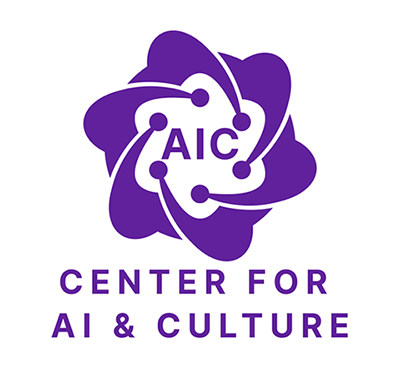
Center for AI & Culture
The Center for AI & Culture advances research to better understand and design AI systems for people with diverse cultural backgrounds.
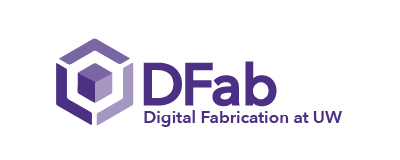
Center for Digital Fabrication (DFab)
DFab is a network of researchers, educators, industry partners, and community members advancing the field of digital fabrication at UW and in the greater Seattle region.
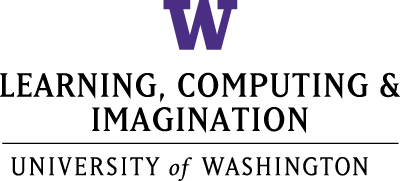
Center for Learning, Computing and Imagination
LCI (pronounced “Lacey”) is a community of researchers, educators, students who are passionate researchers and practitioners of computing education. Members span the Allen School, Information School, College of Education, Department of Human-Centered Design & Engineering, Department of Communication and eScience Institute.
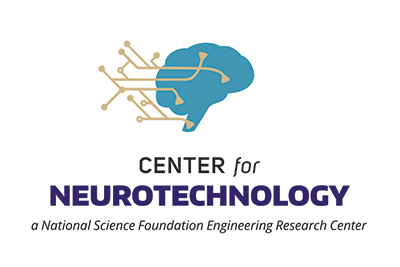
Center for Neurotechnology (CNT)
The Center for Neurotechnology (CNT) got its start in 2011 as one of several Engineering Research Centers (ERCs) funded by the National Science Foundation. CNT is headquartered at the University of Washington, with core partners at the Massachusetts Institute of Technology and San Diego State University. CNT researchers focus on developing and applying principles of engineered neuroplasticity to revolutionize the treatment of spinal cord injury, stroke and other debilitating neurological conditions.
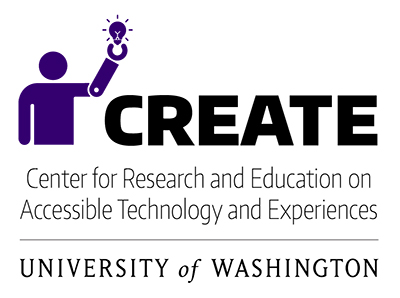
Center for Research and Education on Accessible Technology and Experiences (CREATE)
The mission of the UW Center for Research and Education on Accessible Technology and Experiences (CREATE) is to make technology accessible and the world accessible through technology. By bringing together researchers from across the campus, CREATE harnesses the diverse expertise necessary to realize a more just and equitable technological future, one that overcomes existing barriers and ensures new ones do not arise.

Change
Change is a cross-campus collaboration that explores the challenges of developing technology in the context of positive social change. It seeks to make connections between researchers, outside organizations, and the public to inspire the development of new capabilities aligned with the interests of those most in need.

Computing for the Environment (CS4Env)
Computing for the Environment (CS4Env) at the University of Washington supports novel collaborations across the broad fields of environmental sciences and computer science & engineering. The initiative engages environmental scientists and engineers, computer scientists and engineers, and data scientists in using advanced technologies, methodologies and computing resources to accelerate research that addresses pressing societal challenges related to climate change, pollution, biodiversity and more.
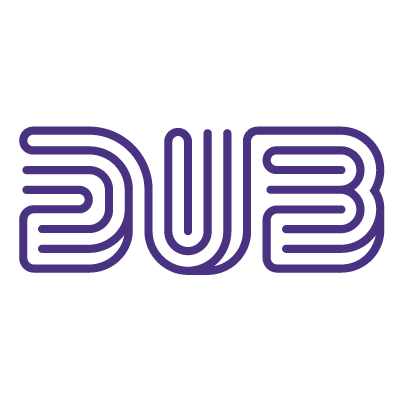
DUB (Design. Use. Build.)
The interdisciplinary DUB group at the University of Washington advances research, collaboration and teaching related to the interaction between design, people, and technology.
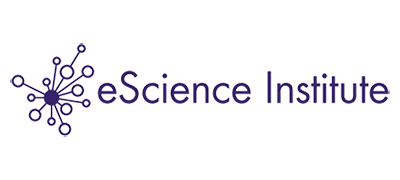
eScience Institute
The eScience Institute empowers researchers and students in all fields to answer fundamental questions through the use of large, complex, and noisy data. As the hub of data-intensive discovery on campus, we lead a community of innovators in the techniques, technologies, and best practices of data science and the fields that depend on them.
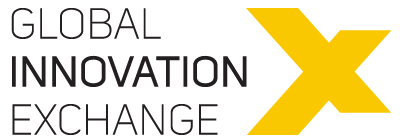
Global Innovation Exchange (GIX)
Global Innovation Exchange is the University of Washington’s
engineering and business institute for emerging and established
technology leaders. GIX partners with corporate, government and non-profit organizations to deliver transformational learning through graduate education, global experiences and professional development programs.
engineering and business institute for emerging and established
technology leaders. GIX partners with corporate, government and non-profit organizations to deliver transformational learning through graduate education, global experiences and professional development programs.
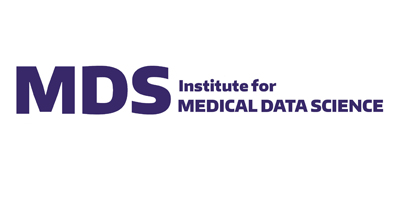
Institute for Medical Data Science (IMDS)
The Institute for Medical Data Science (IMDS) is a joint effort among the Schools of Medicine and Public Health and the College of Engineering, including the Allen School to lead the development and implementation of cutting-edge AI and data science methods in medical data science. By harnessing the power of AI across diverse health determinants, IMDS aims to improve patient health, provider satisfaction, and healthcare operations, particularly in the Pacific Northwest region.
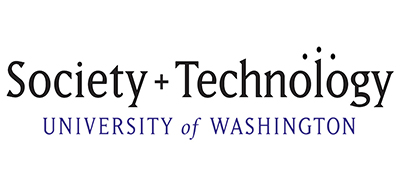
Society + Technology
Society + Technology is a cross-campus, cross-disciplinary initiative and community at the University of Washington that is dedicated to research, teaching and learning focused on the social, societal and justice dimensions of technology.
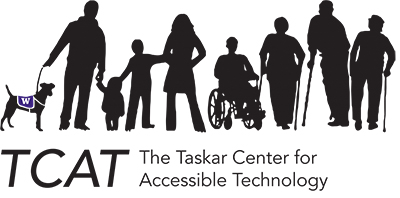
Taskar Center for Accessible Technology (TCAT)
TCAT harnesses the power of open-source technology to develop, translate, and deploy accessible technologies, and then sustain them in the hands of communities. Housed by the Paul G. Allen School for Computer Science & Engineering, TCAT centers the experience of people with disabilities as a lens for improving design & engineering, through participatory design practices, tooling and capacity building.
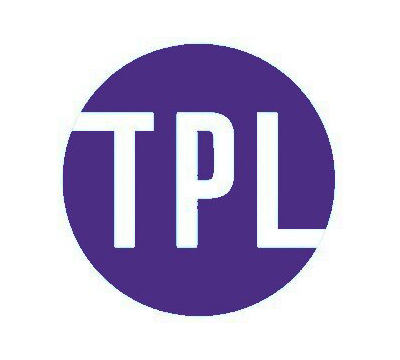
Tech Policy Lab
The Tech Policy Lab is a unique, interdisciplinary collaboration at the University of Washington that aims to enhance technology policy through research, education, and thought leadership. Founded in 2013 by faculty from the Paul G. Allen School of Computer Science & Engineering, Information School, and School of Law, the Lab aims to bridge the gap between technologists and policymakers and to help generate wiser, more inclusive tech policy.

Transportation Data Equity Initiative (TDEI)
The Transportation Data Equity Initiative (TDEI) aims to enhance the quality and accessibility of travel services by building open source data collection and vetting tools, transportation data digital infrastructure, and governance frameworks that enable public-private data sharing and interoperability. The TDEI is a project sponsored by The Complete Trip, an ITS4US Deployment Program.
Highlights
Oregon Public Broadcasting
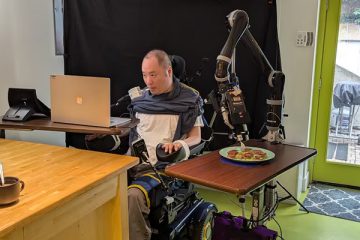
The lived experiences of people with disabilities are often ignored in the development of new technologies, but that’s not the case with the Allen School’s ADA project. Community researcher Jonathan Ko joined recent Ph.D. alum Amal Nanavati to discuss their collaboration.
UW News
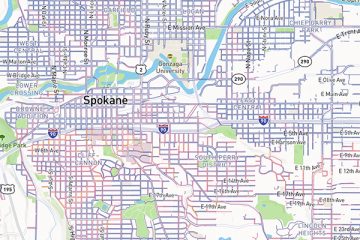
The Taskar Center for Accessible Technology created the first statewide data set enabling communities across Washington to map pedestrian infrastructure and transit access — which paves the way for exploring other questions such as access to schools, grocery stores and health care.
UW Aeronautics & Astronautics
Department of Aeronautics & Astronautics researchers teamed up with Taskar Center Director Anat Caspi and computer engineering major Marc Alwan to explore how eye-tracking can help autonomous systems adapt their interactions to individual users’ comfort and safety preferences.
